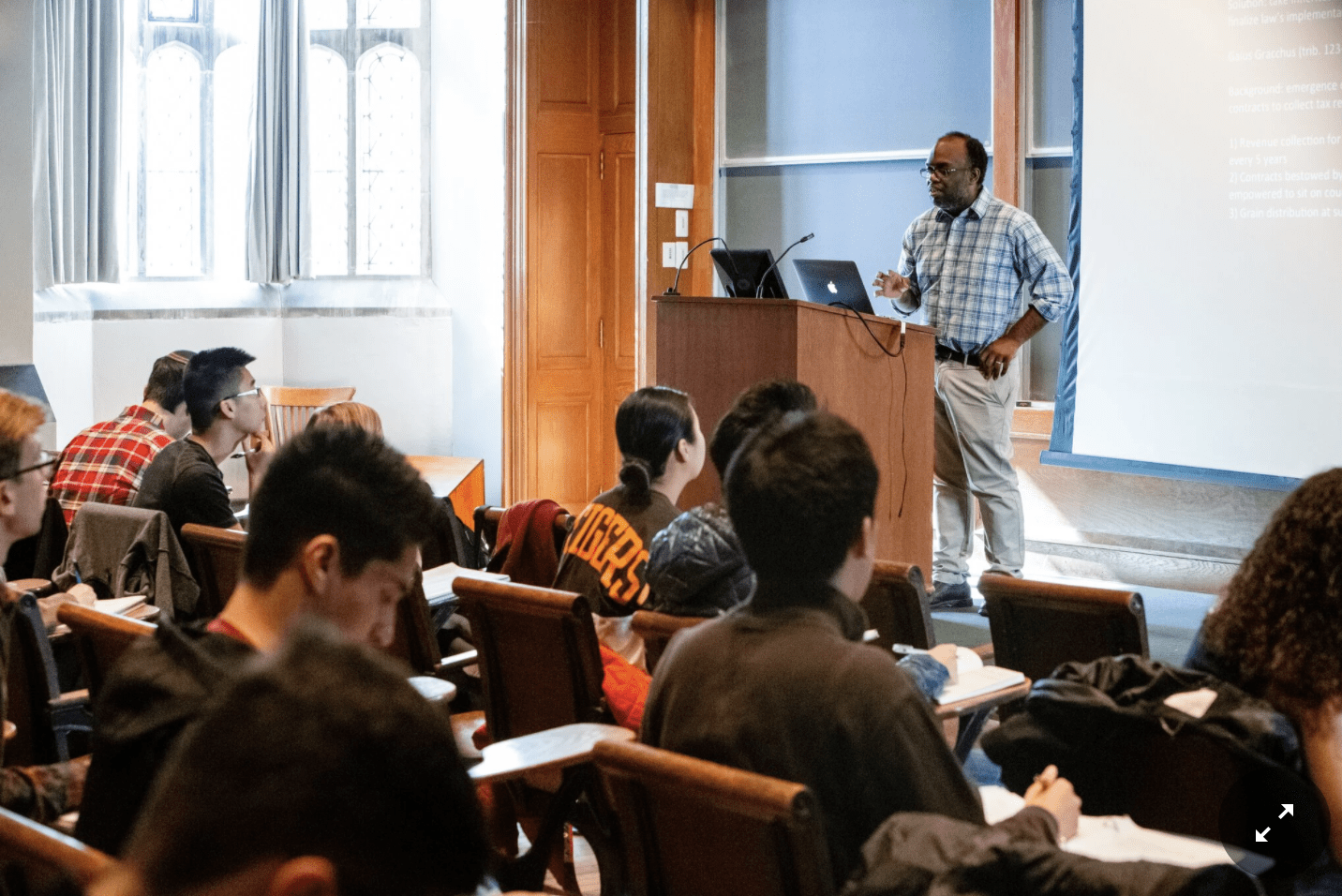“Canto Audentium” (I Sing of the Daring)
By Lily Nesvold
After reading Dante’s Inferno in high school, I was inspired to write a descriptive piece that mimics his style of writing but presents a modern twist and incorporates the Latin language. Set forty years in the future, my rendition of the classic depicts a sin—hubris—tacked onto the end of “Incontinence,” the initial subsections of Hell, but occurring before the walls of the city of Dis…


